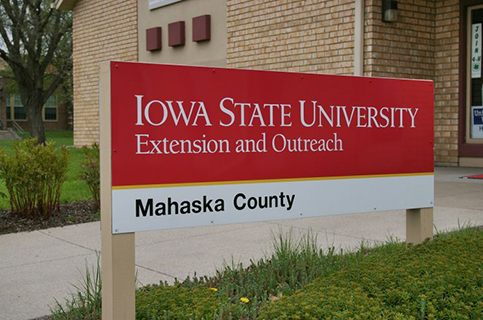AMES, Iowa – The “most wonderful time of the year” is also a busy time for scammers, who increase their efforts to steal your money or personal information. Protect the joys of the season and make sure consumers don’t get “Scrooged” by a holiday scam, says Carol Ehlers, a human sciences specialist in family finance with Iowa State University Extension and Outreach.
An easy way for scammers to take advantage of consumers is through online shopping scams, according to Iowa Attorney General Brenna Bird.
“While we’re all taking advantage of the online shopping deals this season, so are the scammers. Online shopping scams are on the rise, and it’s more important than ever that Iowans stay vigilant. To avoid scams, we recommend that Iowans shop local, learn how to recognize the red flags of a scam, and contact our office,” Bird said.
Fiercely protect your data and your hard-earned money from criminals.
- Watch out for fake websites or apps that closely resemble a business or brand you are familiar with. Double-check the URL by looking for a lock icon and by making sure it starts with “https:”.
- Verify that you are on a trusted and secure Wi-Fi network. While it may be easy to click the “Buy” button from your phone or laptop, inputting your credit card information over public Wi-Fi could increase your chances of falling victim to scammers. Set up email or text alerts with your credit card company or bank, so you will be alerted quickly to all purchases, including fraudulent purchases.
“The financial damage from identity theft and scams makes any deal costly,” Ehlers said. Consumers need to take precautions to protect their identities while making online and credit card purchases.
- Avoid gift card scams that start with a call, text, email or social media message persuading you to buy gift cards and hand over the card number and PIN codes. Scammers often use gift cards as a way to defraud people of their money because they’re just like cash – any misuse is hard to trace. Unlike credit cards, there typically isn’t any recourse for consumers when a gift card is stolen or used without authorization, so it is very hard to reverse the purchases or get a refund in these situations.
- Recognize scammer’s phishing emails that pretend to be delivery companies (such as UPS or FedEx) asking for personal information via email. Suspicious text or emails can always be checked against the status of a package directly on the delivery company’s website.
“This holiday season, make sure Iowans are well-protected from consumer fraud,” said Ehlers. She encourages consumers to look for a “Stay Independent: Spot, Stop Avoid Fraud” workshop to learn how to protect yourself and others from being a victim of fraud. Learn about common scams and warning signs and how to take action to protect against theft of money, property, or belongings during this ISU Extension and Outreach workshop.
For more information, Iowans can visit the Iowa Attorney General’s website. Scams should be reported to the Consumer Protection Division at 888-777-4590.




